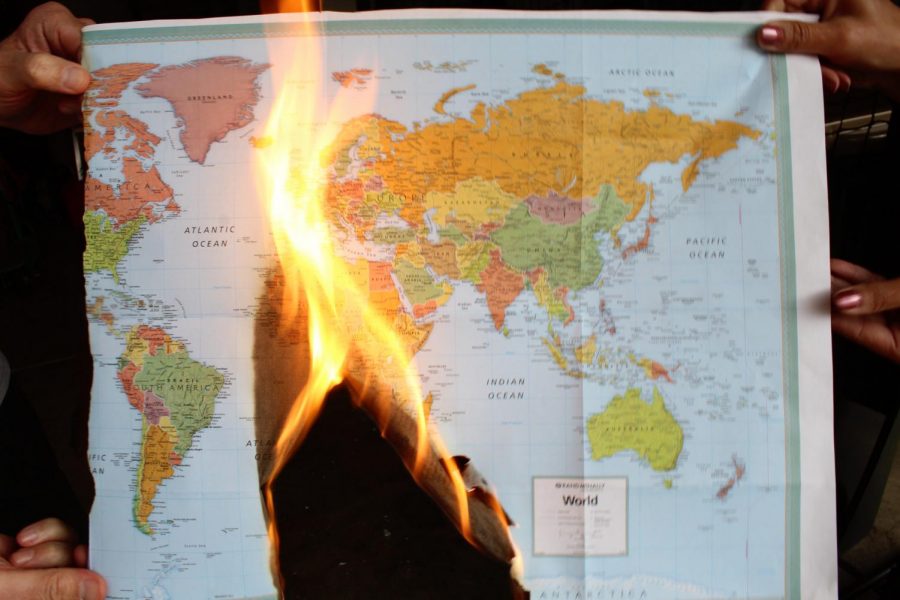Global climate change has arguably had observable effects on the environment. Glaciers are melting, sea levels are rising, forests are dying and wildlife is scrambling to keep pace.
The year 2020 continues to live up to its reputation of being a year of extremes. Last month, Earth witnessed the warmest September on record. The rapid rise of heat is changing the climate faster than some living things can adapt. Also, a new and more unpredictable climate poses unique challenges to all life.
According to CNN, the earth’s average temperature was 0.09 degrees Fahrenheit warmer than the previous record recorded last September. Of the nine completed months this year, three have now broken the global record for average temperature.
Global warming is expected to have far-reaching, long-lasting and, in many cases, devastating consequences for planet Earth. Higher temperatures are worsening many types of disasters including storms, heat waves, floods and droughts. Drought conditions jeopardize access to clean drinking water, fuel out-of-control wildfires and result in dust storms, extreme heat events and flash flooding in the States. Elsewhere around the world, lack of water is a leading cause of death and serious disease.
At the opposite end of the spectrum, heavier rains cause streams, rivers and lakes to overflow, which damages life and property, contaminates drinking water, creates hazardous-material spills and promotes mold infestation and unhealthy air. A warmer, more wet world is also a boon for food-borne and waterborne illnesses and disease-carrying insects such as mosquitoes, fleas and ticks.
“I think it’s a real issue that should be focused on more than it already is,” senior Troy Coleman said. “The human species has had such a detrimental impact on the world and if we continue on the path we are on, the world will continue to rot.”
Climate change may promise a frightening future, and it may be too late to turn back the clock. Many have already taken care of that by pumping a century’s worth of pollution into the air. According to deputy director of NRDC’s Clean Power Plan initiative Aliya Haq, even if we stopped all of the carbon dioxide emissions by tomorrow, we would still see some effects.
The chance to diminish future consequences can be done by reducing the global emissions now, so people can avoid a lot of the severe consequences that climate change would otherwise bring.














